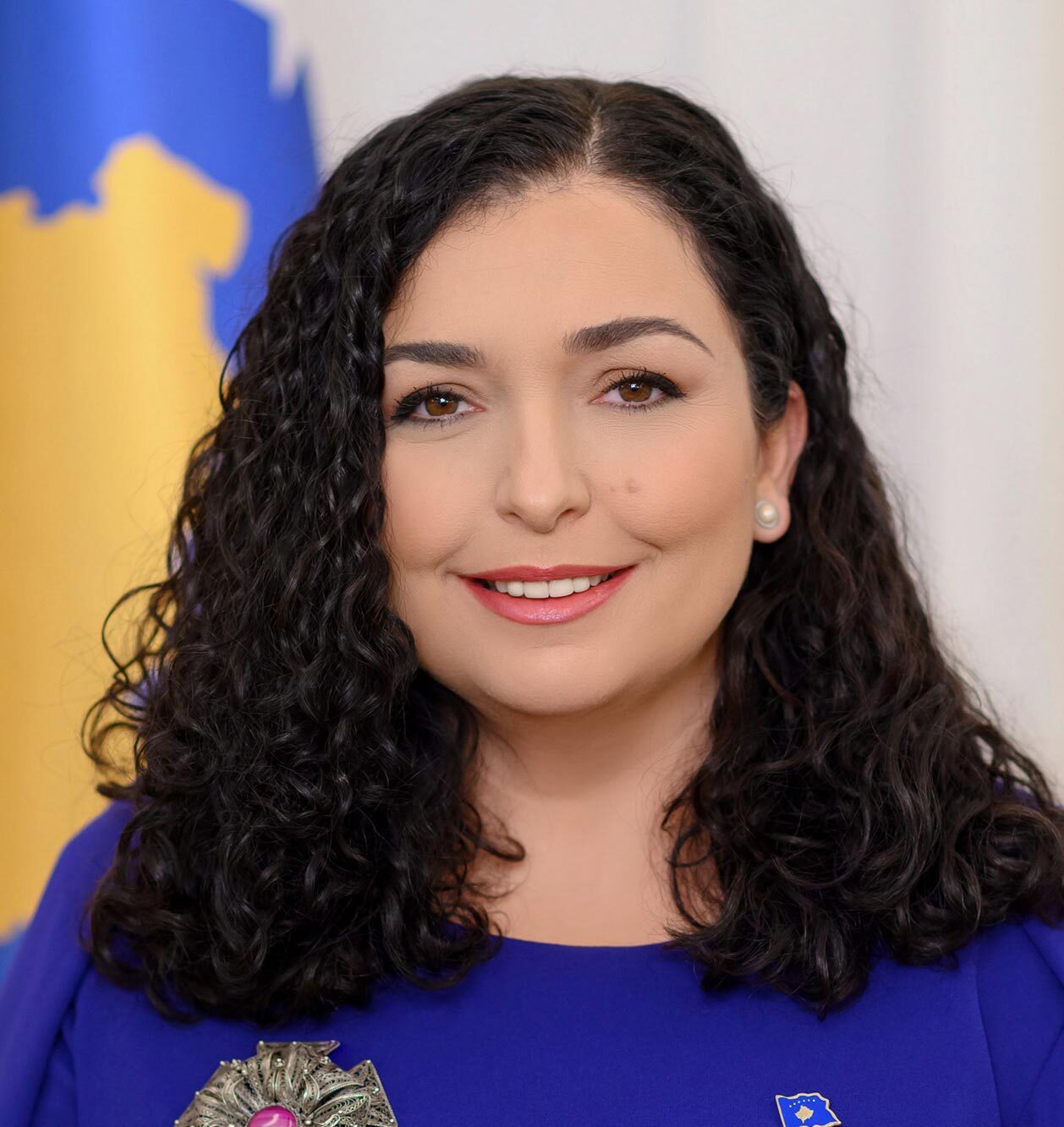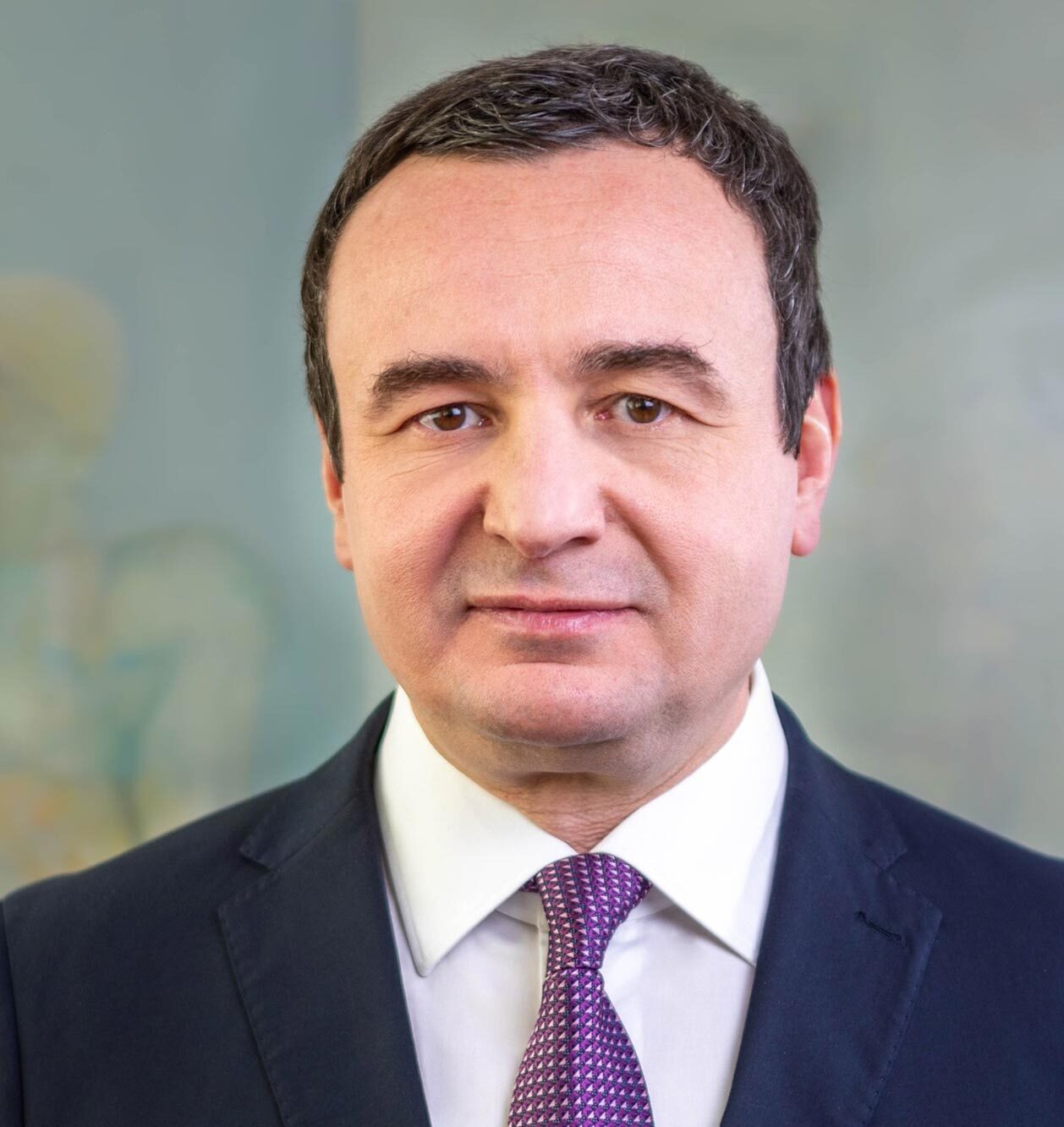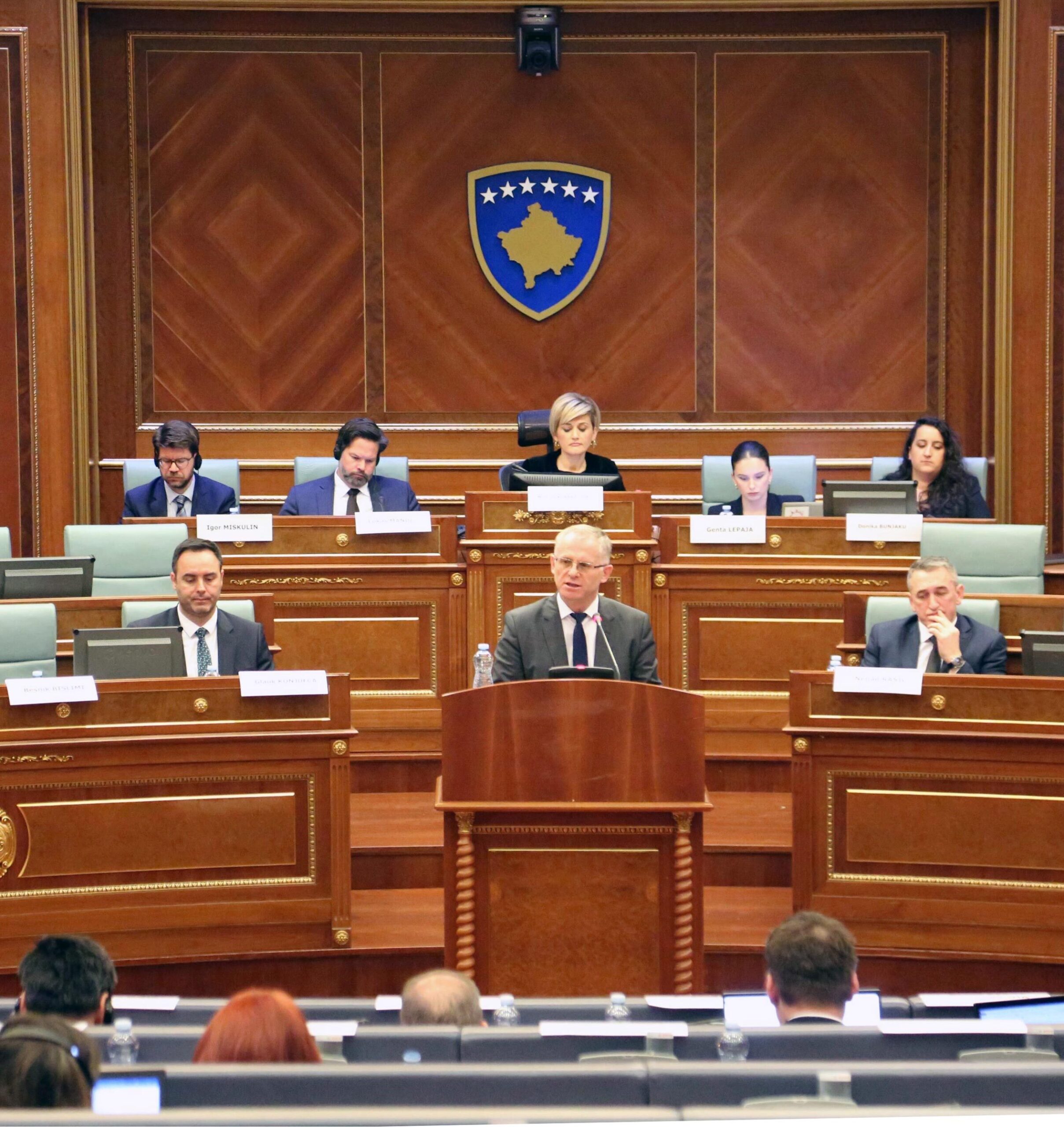THE ASSEMBLY
The Assembly is Kosova’s legislative body, comprising 120 MPs elected directly by the people. It includes twenty seats reserved for non-majority communities, ensuring representation for Serbian, Turk, Bosnian, Roma, Ashkali, Goran, and Egyptian communities. With a gender quota, at least one-third of the Assembly consists of women, reflecting Kosova’s commitment to inclusive governance. Members of the parliament undertake various functions during their parliamentary term, including reviewing and passing laws, representing citizens’ rights, overseeing government activities, and approving the national budget. The Assembly, elected for a four-year term, exercises competencies outlined in Article 65 of Kosova’s Constitution.
Assembly Sessions:
Plenary sessions, where all 120 MPs convene, are held to discuss current issues, question the government, and vote on decisions and laws. Sessions follow an agenda prepared by the Assembly Presidency, featuring statements from MPs, government responses to questions, and reviews of draft legislation.
Draft Legislation:
Proposals for laws can come from various sources, including the President, government, MPs, parliamentary committees, or a group of MPs or electors. Draft laws undergo two readings, with committee review and recommendations between readings.
Committees:
Assembly committees, resembling mini plenary sessions, assist in preparing Assembly work and reviewing draft laws. Each committee comprises 9 to 12 MPs from all parliamentary groups, focusing on specific ministries’ areas. Committees meet regularly, translating sessions into Albanian and Serbian languages, and play a crucial role in scrutinizing laws and overseeing ministries’ activities.
Parliamentary Groups:
MPs from the same party form parliamentary groups, allowing collective exercise of certain rights and functions. To establish a group, a minimum of 5% of Assembly MPs or at least six MPs is required. Informal groups, such as the Women MPs Group and Young MPs Group, also operate within the Assembly.



